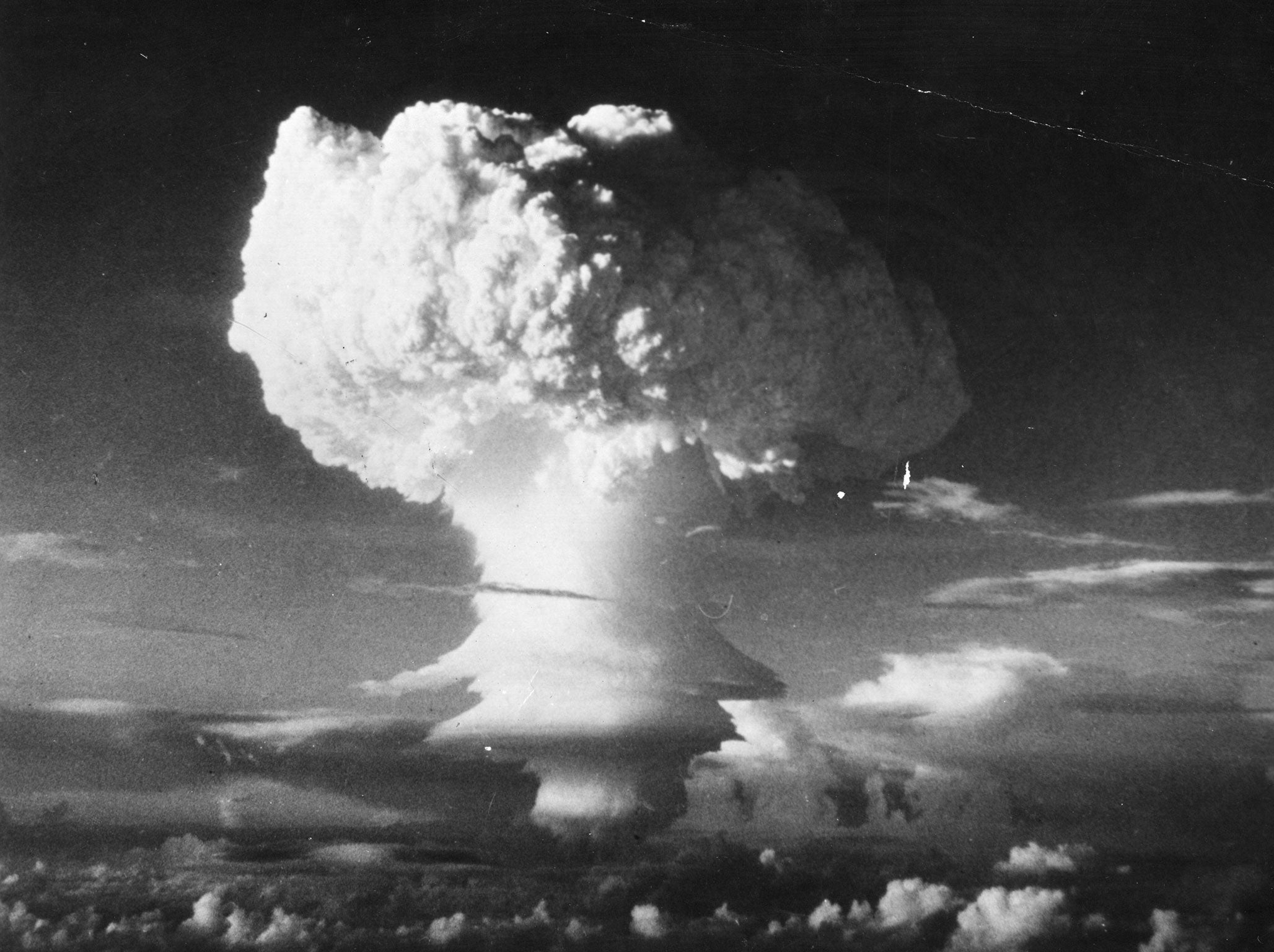Doomsday Clock: Threat of oblivion pits humanity at 'three minutes to midnight', experts say
The Bulletin of Atomic Scientists, which sets the time on the clock, acknowledged good signs in Iran and Paris – but said that they are outweighed by dangerous events in North Korea and elsewhere

Humanity is still terrifying close to wiping itself out, according to one of the world's most senior group of experts.
The Bulletin of Atomic Scientists, which sets the widely-respected "Doomsday Clock", said that it was making no change to the time of three minutes to midnight. When that time was set in a meeting last year, it became the closest to oblivion that humanity has ever been.
The group of senior scientists, formed in the wake of the Second World War and the threat of nuclear oblivion, said that nobody should take solace in the fact that humanity has moved no closer to oblivion.
""Three minutes (to midnight) is too close," a statement from the Bulletin read. "Far too close.
"We, the members of the Science and Security Board of the Bulletin of the Atomic Scientists, want to be clear about our decision not to move the hands of the Doomsday Clock in 2016: That decision is not good news, but an expression of dismay that world leaders continue to fail to focus their efforts and the world's attention on reducing the extreme danger posed by nuclear weapons and climate change.
"When we call these dangers existential, that is exactly what we mean: They threaten the very existence of civilization and therefore should be the first order of business for leaders who care about their constituents and their countries."
Experts at The Bulletin noted the success of deals with Iran on nuclear weapons, and in Paris on climate change. But they said that continuing and new threats from countries like North Korea served as a balance to that progress.
"Even as the Iran agreement was hammered out, tensions between the United States and Russia rose to levels reminiscent of the worst periods of the Cold War," The Bulletin wrote. "Conflict in Ukraine and Syria continued, accompanied by dangerous bluster and brinkmanship, with Turkey, a NATO member, shooting down a Russian warplane involved in Syria, the director of a state-run Russian news agency making statements about turning the United States to radioactive ash, and NATO and Russia repositioning military assets and conducting significant exercises with them.
"Washington and Moscow continue to adhere to most existing nuclear arms control agreements, but the United States, Russia, and other nuclear weapons countries are engaged in programs to modernize their nuclear arsenals, suggesting that they plan to keep and maintain the readiness of their nuclear weapons for decades, at least -- despite their pledges, codified in the Nuclear Non-Proliferation Treaty, to pursue nuclear disarmament."
The Paris climate talks offered some hope, the experts wrote. But they did little about the already dire effects of climate change on the environment.
"Promising though it may be, the Paris climate agreement came toward the end of Earth's warmest year on record, with the increase in global temperature over pre-industrial levels surpassing one degree Celsius," The Bulletin's statement says.
Join our commenting forum
Join thought-provoking conversations, follow other Independent readers and see their replies
0Comments